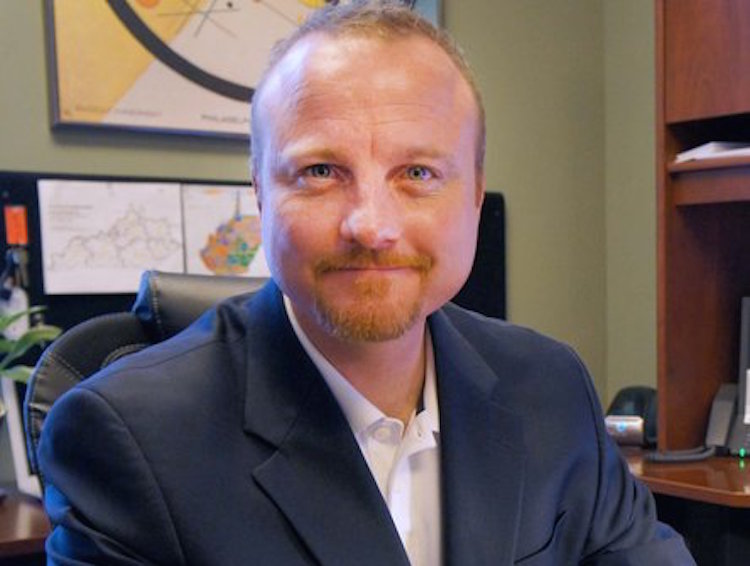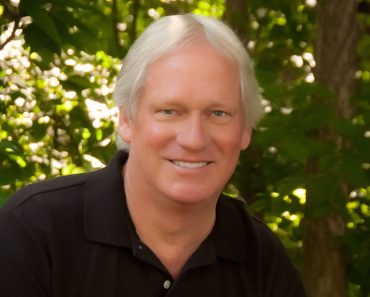Mike Asbury works as a coach with individuals and groups to help them focus down on their strengths and achieve real, tangible results in life and work. His aim is to help people prioritize their goals and focus on exactly how to achieve them. He believes above all that success is never an accident; that it’s the result of hard work, focus, and learning to make sure every day is a step toward your real goals.
He works exclusively in a virtual practice, leaving the stuffy environments of offices and waiting rooms behind to offer the freedom and flexibility of engaging with clients on their time, via phone or video on any electronic channel they prefer. He can be found at Masbury.com.
What inspired you to pursue a career in coaching individuals and businesses?
Several years ago, now, I was at a crossroads in my career and life and was frustrated with the seeming mundane nature of my work. I had been in IT for over 20 years, and I was bored with my career.
After speaking with some friends, it became evident to me that I needed to be in a helping profession. One of my friends is a therapist, and she suggested that I pursue the vocation of coaching. It’s not like a therapy relationship in that it’s broader and more focused on goals and mapping action to goals.
I have worked with so many outstanding people and companies throughout my career, and this has been a natural progression for me. I love helping people, and the benefits of helping a company get on track or a person begin to soar are tangible and very rewarding. Here is an article I penned a few years ago about why I coach.
Why is goal-setting such an important practice?
Goal-setting is critical to every person. Without goals, we tend to get in a rut and live life on rote. We find ourselves listless and lacking the joy of achievement in our lives.
We are meant to accomplish things, create things, help each other, and make a difference in the world. We don’t wake up one day and change the world! We set goals for ourselves and set measurable milestones toward achieving those goals.
Every check mark in a box means we are one step closer to realizing the goals we have set for ourselves. Every check mark is an accomplishment and looks a lot like success. It amazes me the number of people I meet who cannot tell me what their goals are. Then again, if they all could, I wouldn’t be much help, would I? Be patient! It really does happen one step at a time!
How can people become more comfortable (and prepared to answer!) when they are asked questions about themselves?
We have to PRACTICE to be able to talk about ourselves, our passions, our accomplishments, and our dreams.
I wrote a piece recently entitled “Who Do You Think You Are?” In it, I suggest that everyone take and update their personal inventory of skills and assets. It is only in doing this work that we’re able to answer difficult questions about ourselves and illustrate for someone what makes us uniquely special (which we all are). We should all know in our very core who we are and what makes us unique.
In your life, what are some daily activities or longer-term processes that help you achieve your own goals for work and life?
I believe in having long-term projects at all times. If I’m about to complete a project that I have worked on for some time, you better believe that I have a list of projects on hand to set the next one up for action.
My friend Donna is retired, and she *could* spend her days watching soap operas and over drinking. Instead, Donna has returned to a passion she held earlier in her life. She is a quilter (Talk about long-term projects!).
Donna uses a sewing machine to assemble her quilts, but that’s where the machine works ends. She hand-quilts all of her quilts, and this is often a months-long project. It is intricate, detailed, creative, and allows her to contribute to worthwhile projects like Project Linus. Believe me when I tell you that she already has ideas in mind for her next quilt long before she is done with the one she’s about to finish. It’s like that for all of us, I believe.
Since you work exclusively in a virtual practice, what helps to bring a sense of immediacy and presence to your interactions with clients when communicating online?
I used to have an office where my clients traveled to and sat down with me for an hour at a time. My decision to move to a virtual practice was rooted in wanting to be contemporarily relevant and accessible.
People are very busy, and I never want accessibility of money to stand between me and a potential client. I have a sliding scale policy wherein my clients set their rates. I had clients before who would abruptly stop working with me, because they couldn’t afford my rates. Likewise, I had clients who couldn’t afford the travel and away time to come to my office.
My preference is always video, because that affords valuable intimacy in the relationship. It’s like sitting in the same room! When video is not possible, I talk with my clients o the phone. I try to always be as real as possible with people, and that tends to allow us to be comfortable. My hope is that making these changes has been an asset and is appreciated. That is definitely the feedback I have received from 99.9% of my clients!







